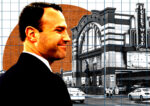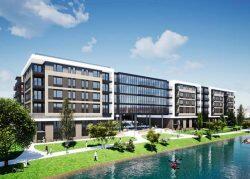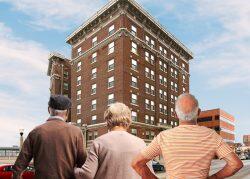A slew of redevelopment projects loaded with tax incentives has significantly boosted Aurora’s economy over the past decade, raising property values by $1.2 billion more than 12 years.
Inline with that surge in home value, are property taxes, which are the lowest they’ve been in the west Chicago suburb since 2011 at $1.77 per $100. Taxes have steadily dropped since 2014 when they peaked at just over $2 per $100, the Chicago Tribune reported.
The city is raking in more than $80 million with the current rate, compared to $60 in 2011. Aurora officials say it’s largely due to redevelopment projects.
At one point, officials contemplated demolishing historic sites throughout the city, but instead chose to work with developers to restore the properties and offer tax incentives, which resulted in returns on investment ranging from 3.6 to 6 percent or higher, the outlet said.
Alex Alexandrou, the city’s chief administrative officer, cited the Copley campus as one of the successful projects. Aurora officials looked into razing the buildings on the site to the sum of $12 million; instead, it offered $18 million in incentives toward a $125 redevelopment plan that turned the old hospital into senior housing, and added healthcare offices and an administration building for the East Aurora School District. The city got a five percent return on its investment.
“People need to understand what the alternative universe would have been,” Alexandrou told the outlet. “We could have ended up with a $12 million empty lot.”
He also pointed to the renovation of the historic Hobbs Building downtown, led by Bush Construction. The 1892-built structure was transformed into an apartment complex with 31 units and ground-floor retail space and is currently 100 percent leased, according to Alexandrou.
Retail redevelopments, such as the Altiro and Craft Urban, have resulted in returns as high as 28.6 percent for the city. Each location brought in $1 million and $1.8 million last year, doubling projected figures.
“Everything we’re doing, we get a return on,” David Dibo, the city’s economic development director, told the outlet. “We do not do a deal unless we can show a positive return on investment.”
Dibo added that the city plans to hold open houses in the future, discussing details about these renovation projects and the influx of tax revenue.
—Quinn Donoghue
Read more



